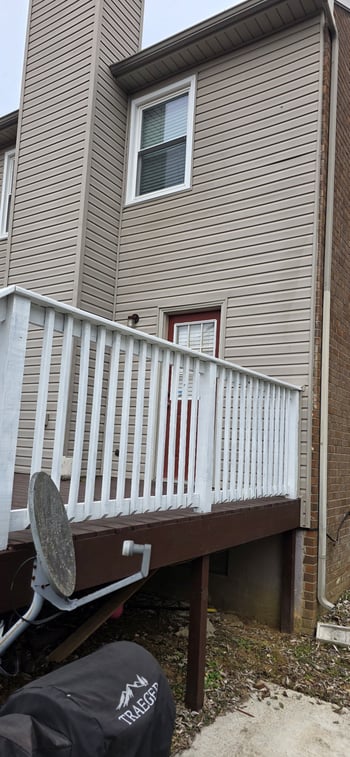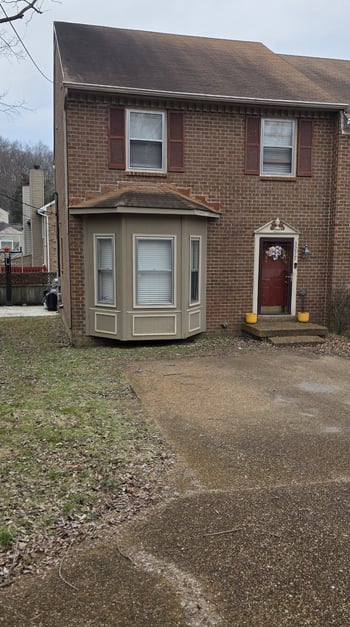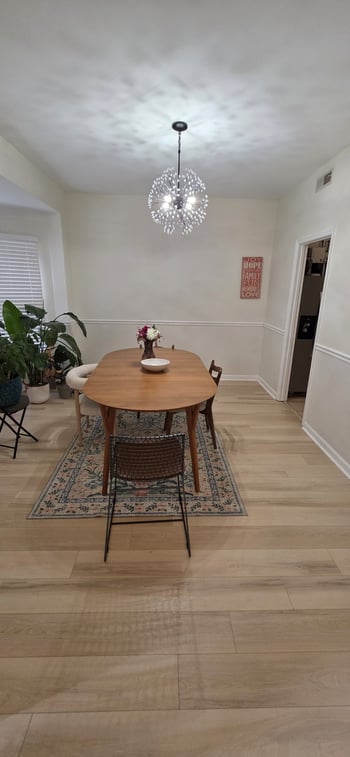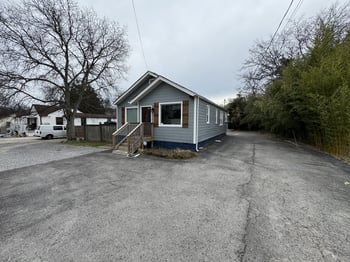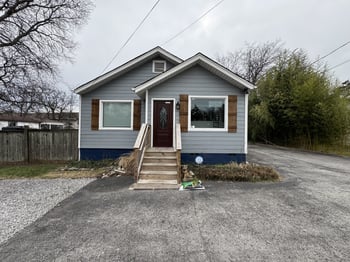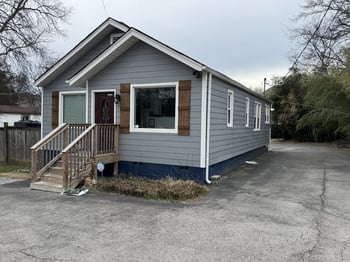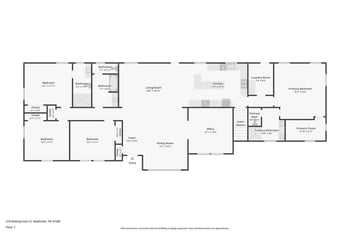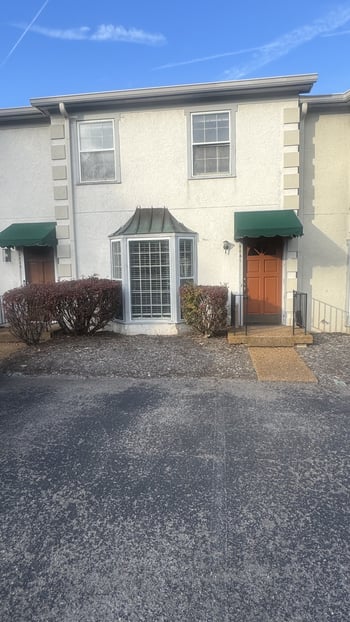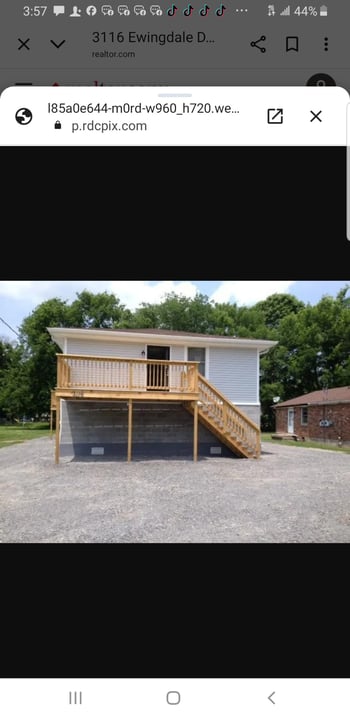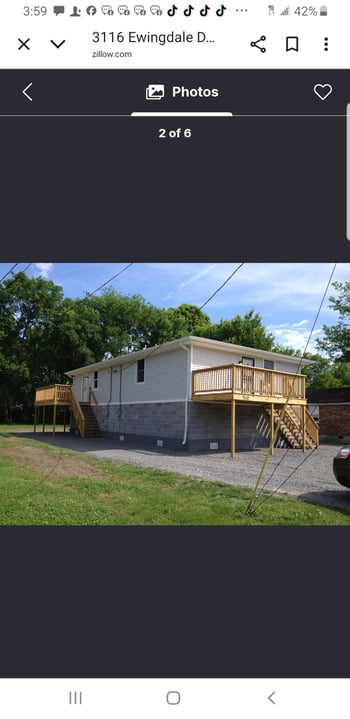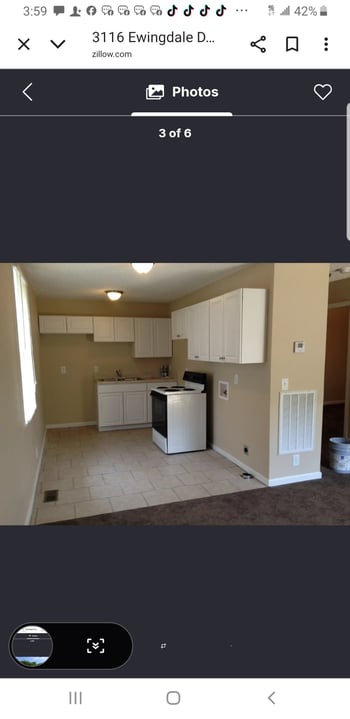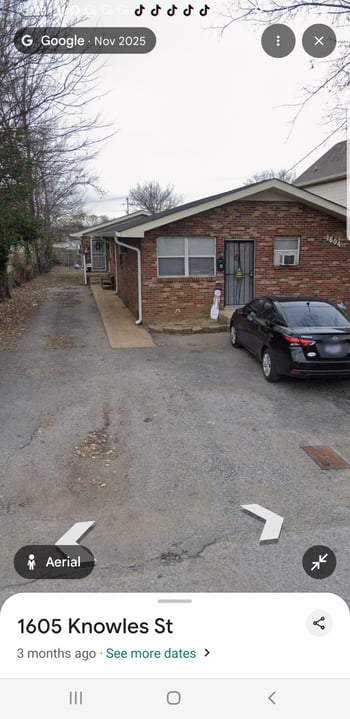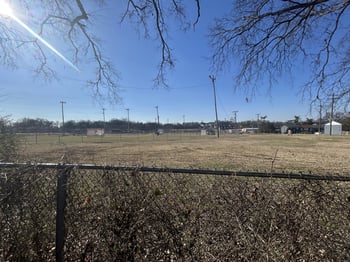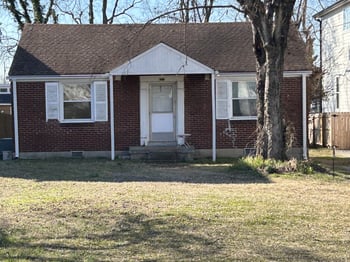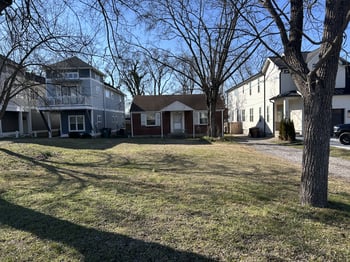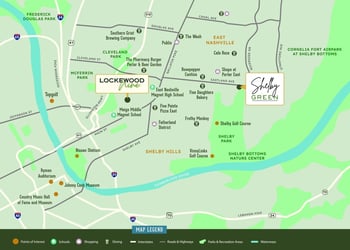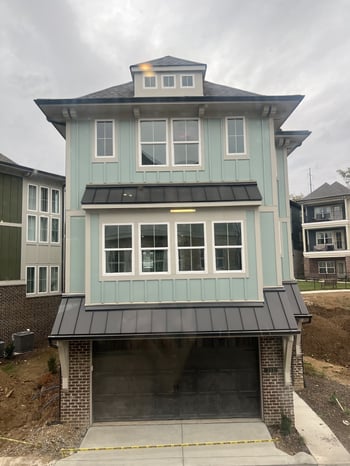Nashville Real Estate: Are We Talking Nashville, the MSA, or Middle Tennessee?
Have you encountered headlines about the "Nashville real estate market" and wondered if they reflected your local experience? You're not alone. The data itself isn't the problem, but how it is presented often is. Most national reports and even some local headlines use a multi-county region for their data, not just the local market of Nashville-Davidson County. Understanding the difference is key when making informed real estate decisions.
The Three "Nashvilles" of Real Estate Data
To bring clarity to the conversation, let's break down the three distinct geographic areas commonly used in real estate reporting.
1. The Nashville-Davidson County Metro Government
What it is: This is the legal city of Nashville, including areas like Donelson, Bellevue, and Madison, which are all part of Davidson County. This is the "true" Nashville where residents live, pay taxes, and receive services.
Geographic complexity: Only four small cities within Davidson County maintain their own governments: Belle Meade, Berry Hill, Oak Hill, and Forest Hills. Everything else - Madison, Hermitage, Antioch, Donelson, Bellevue, etc. - are areas within Metro Nashville, typically corresponding to zip codes.
Adding to the confusion: some zip codes cross county lines. Old Hickory spans two counties, Portions of Bellevue reach into Williamson County. Goodlettsville and Brentwood zip codes extend into Davidson County.
Why it matters: This area has its own unique market dynamics, neighborhood trends, and price points. The market in East Nashville will be different from the market in Green Hills, but both are part of Metro Nashville. As a buyer or seller, this is the most granular and relevant data for your specific neighborhood.
2. The Nashville Metropolitan Statistical Area (MSA)
What it is: This is a federal designation defined by the U.S. Office of Management and Budget. It encompasses a much larger area, including Davidson County and 13 surrounding counties. When national news outlets discuss "Nashville's growth" or "population boom," they are almost always using MSA data.
Why it matters: While the MSA provides valuable insight into the broader regional economy, it can flatten out the differences between the urban core and the suburban counties. For instance, data showing rapid growth might be weighted by the fast expansion of suburban counties, giving an inaccurate picture of what's happening within Davidson County's neighborhoods.
3. The Greater Nashville Realtors' Middle Tennessee Area
What it is: This is the market area specifically reported on by Greater Nashville Realtors (GNR), which includes nine Middle Tennessee counties: Davidson, Cheatham, Dickson, Maury, Robertson, Rutherford, Sumner, Williamson, and Wilson.
Why it matters: When local news reports on "Middle Tennessee" home sales, they typically cite GNR's monthly report, which combines data from these nine counties. While this report offers more localized insights than a national MSA report, it still lumps together markets that can behave very differently. For example, a report might show stable prices overall, even if one county is experiencing a decline while another is seeing an increase.
The Mailing Address Wild Card
Adding another layer of confusion: U.S. Postal Service addresses don't align with political boundaries. The USPS assigns "Nashville, TN" mailing addresses based on postal efficiency, not city limits or county lines.
This creates some counterintuitive situations:
- Donelson and Bellevue residents have Nashville mailing addresses.
- Madison, Hermitage, Old Hickory, Antioch, etc., residents have their own zip codes and mailing addresses, but aren't counted as in some reports.
When national real estate websites or reports reference "Nashville" properties, they might be using postal addresses rather than political boundaries, creating yet another version of what constitutes the "Nashville market."
Why Local Context is Critical for Real Estate
For buyers and sellers, conflating these three "Nashvilles" has real-world consequences.
Affordability
An article might claim Nashville is "unaffordable," citing a high median price from the GNR's nine-county data, which includes expensive Williamson County. This can be misleading to a buyer interested in a more affordable market within Rutherford or Sumner County, for example.
Inventory and Competition
Reports on overall inventory levels from the GNR area may not reflect what's happening in your neighborhood. A specific Nashville neighborhood could still have low inventory and high competition, even if the broader Middle Tennessee market is seeing an increase in inventory.
Negotiating Power
A national headline about a "buyer's market" might give you false confidence. While the broader MSA or GNR market may have higher inventory, your specific neighborhood might still heavily favor sellers. A local expert can help you understand these hyperlocal market conditions.
Real Example: The Data Disconnect
Recent headlines called "Nashville the #1 slowest housing market in America," citing MSA data showing 52 days on market. But our Davidson County data showed 31 days from active status to contract - still slower than last year, but not the disaster the headline suggested.
The difference? Geographic scope and methodology - MSA includes 14 counties, while local data focuses on the urban core where you're actually shopping.
The Bottom Line: Local Expertise is Your Best Asset
The journey of buying or selling real estate is a local one. National headlines provide context, but they can't replace the knowledge of an agent who specializes in a specific area.
Local real estate professionals understand the nuances of the market. They can help decode national reports and interpret what GNR data means for a specific neighborhood and your personal real estate goals.
Instead of getting lost in geographic definitions, focus on actionable local data: How long are homes taking to sell in your specific area? What percentage of listings are reducing prices? Recent Nashville-area data shows 42% of listings have dropped their prices and 23% have been relisted - that tells you more about current conditions than any MSA-wide statistic.
Ready to Get Beyond the Headlines?
Let's connect and discuss what the numbers really mean for your real estate journey in your specific Nashville neighborhood.
Call us: (615) 751-8913
Email: [email protected]





